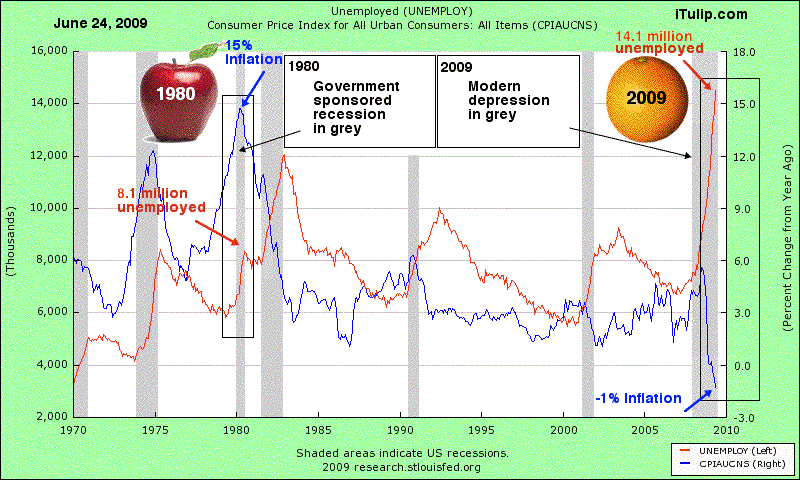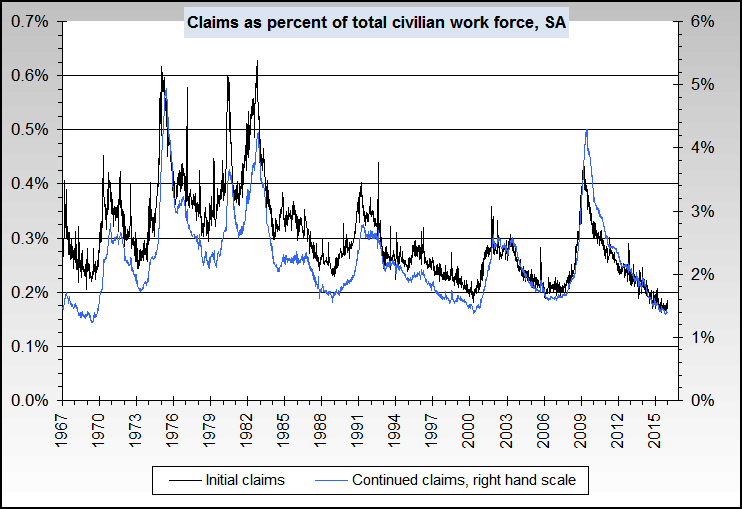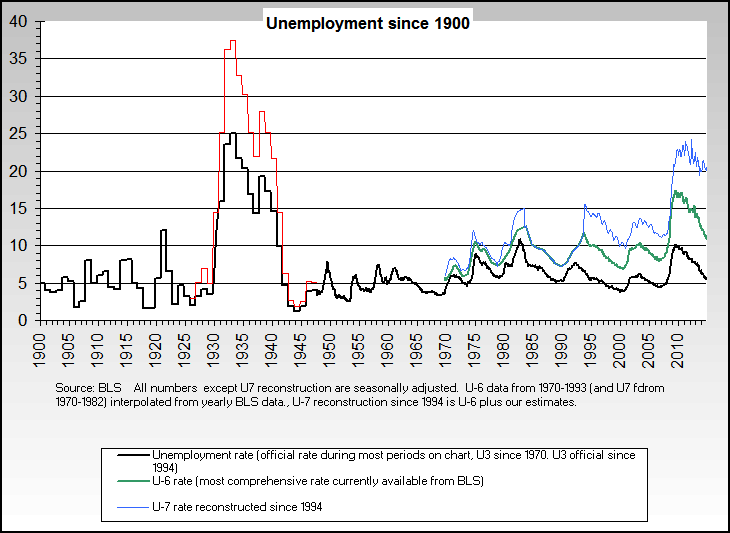Re: Physiognomy of Economic Depression - Eric Janszen
Some people still feel wealthy, despite losing big in the stock market and their home values. But I get the idea that some of the spending is just habit and not something they really feel confident about. Its the American pastime and gosh darn it, what do you expect us to do?
I think you hit upon an important point. A majority of people, particularly those 40 years old and younger?, seem to truly think that they haven't really taken a loss in their retirement account or house. They see it as a "temporary" phenomenon, that will correct itself by the end of the year.
Even those who have "seen the light" and are seriously asking my opinion on how long this mess might go on are asking in the context of "should I get back in the stock market now or later this year?" or "should I buy my house this year or next?".
Some people still feel wealthy, despite losing big in the stock market and their home values. But I get the idea that some of the spending is just habit and not something they really feel confident about. Its the American pastime and gosh darn it, what do you expect us to do?
Even those who have "seen the light" and are seriously asking my opinion on how long this mess might go on are asking in the context of "should I get back in the stock market now or later this year?" or "should I buy my house this year or next?".




 What people think they need these days really shot up in the housing boom.
What people think they need these days really shot up in the housing boom. 
Comment